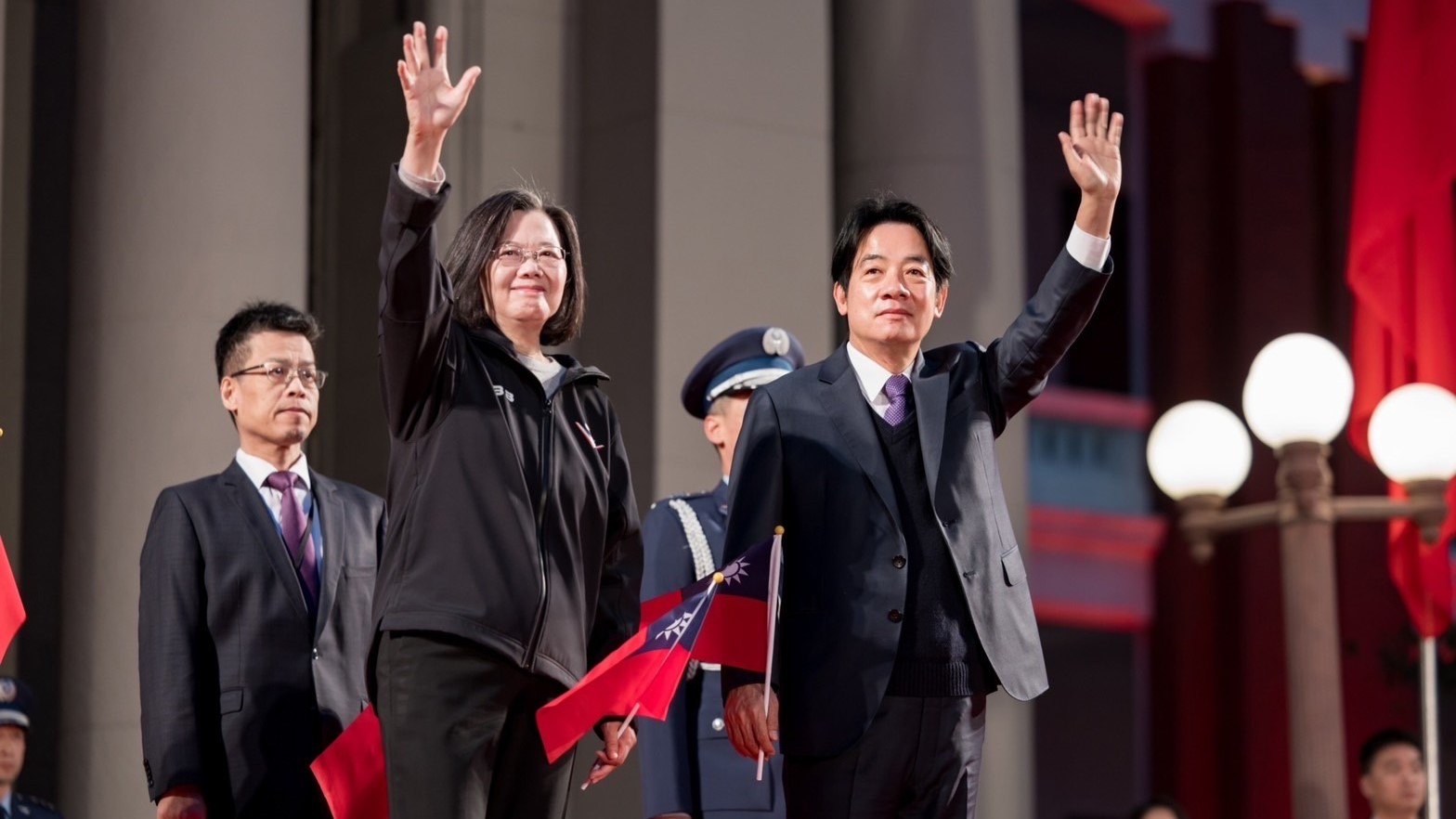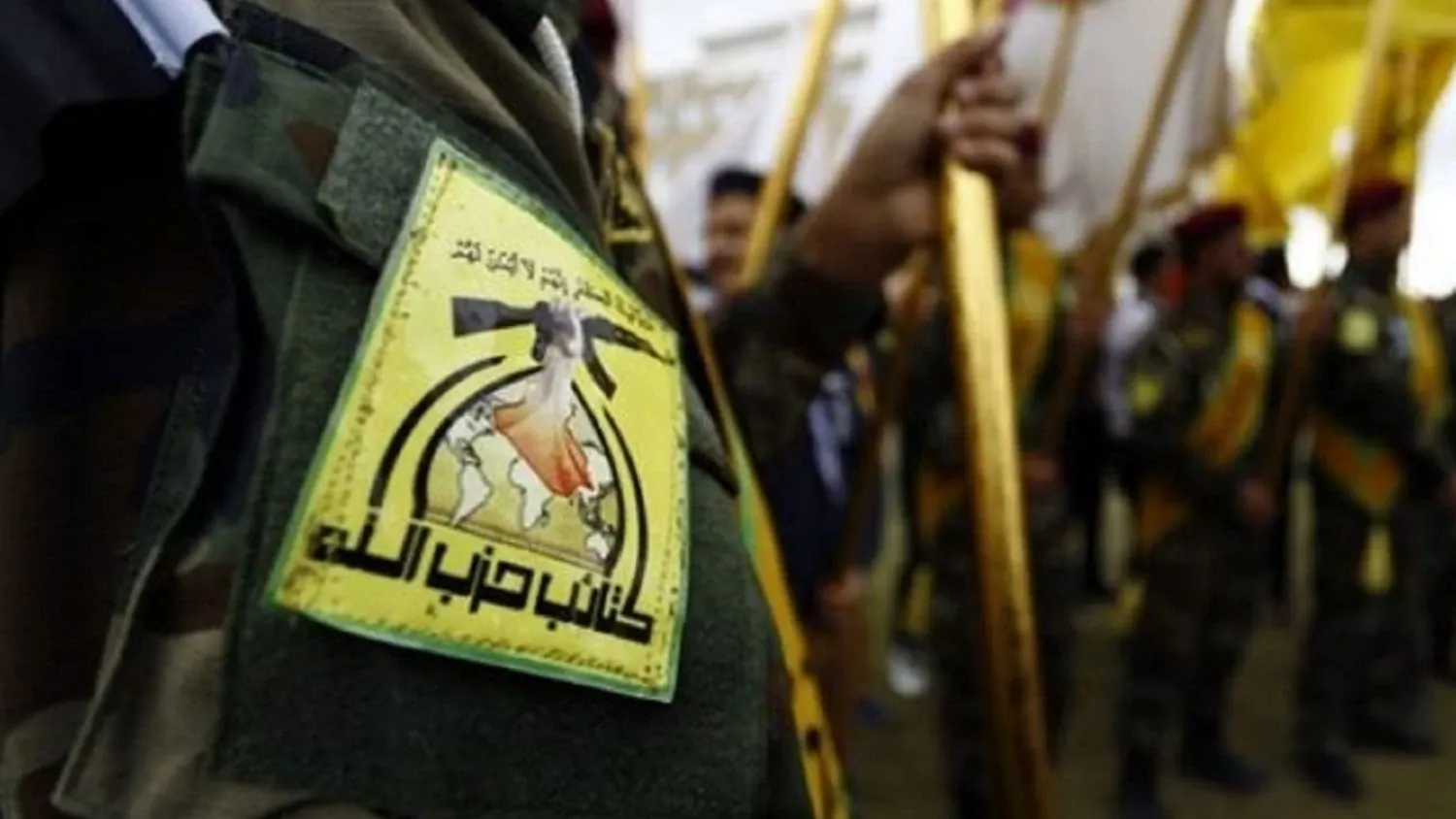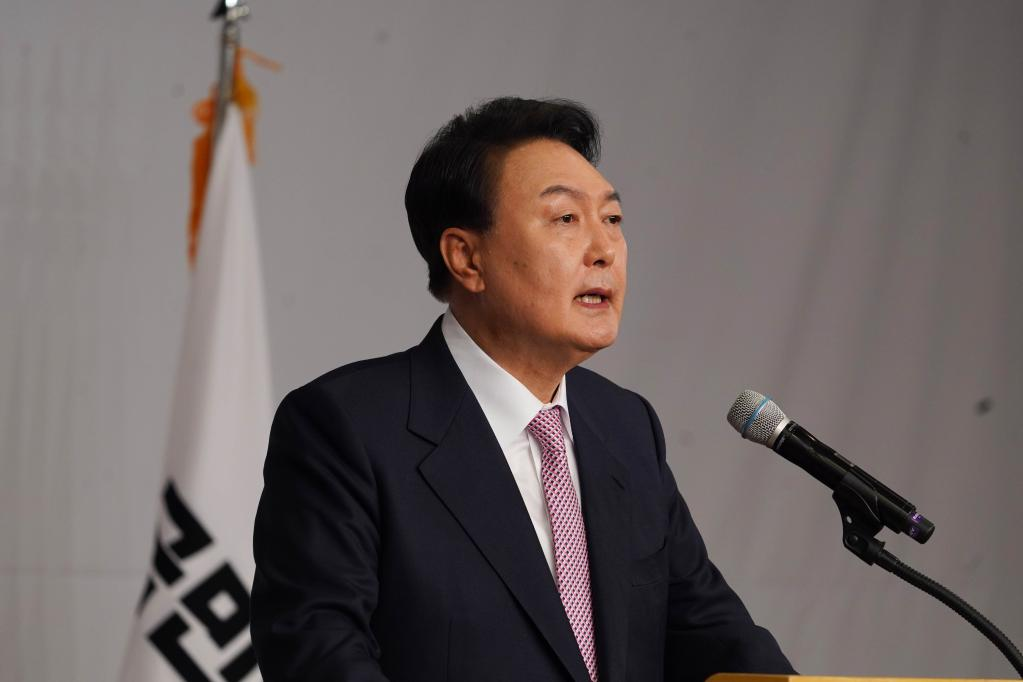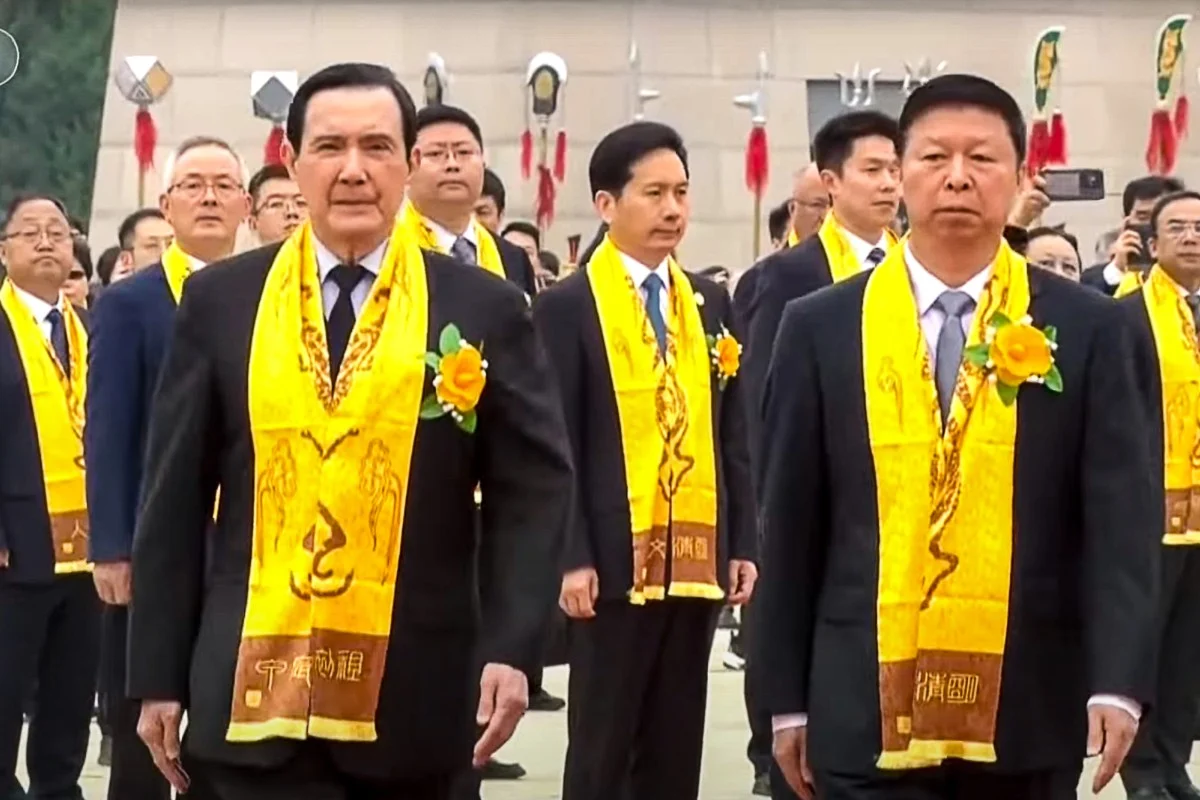The ruling Democratic Progressive Party (DPP) won a third consecutive presidential term in Taiwan with the election victory of William Lai Ching-te, who collected the popular mandate with a comfortable 900,000 votes, or 6% over the runner-up.
The Chinese Nationalist Party (KMT) candidate Hou You-yi came in a fairly distant second, and the Taiwan People’s Party (TPP) took an enormous share of the vote for a third party, with 26.5% overall.
The election was closely watched internationally. Recent tensions between the self-governing island of Taiwan and China have been simmering, and the vote has been portrayed in some corners as a vote between war and peace. Lai Ching-te, the vice president under the now departing Tsai Ing-wen, was labeled a “dangerous separatist” by Beijing in the months leading up to the election.
Under Tsai and Lai, Taiwan conducted its largest and fastest arms build-up in the complicated history of the island, enraging China who claims the island as hers, and prompting her to pursue a mirrored response.
Like all presidential candidates the world over, Lai tempered the strongest parts of his rhetoric after entering the presidential race, and repeatedly said he was open to communication with China on cross-strait issues. Beijing for its part saw no change in existing conditions for peace, or for conflict.
“Whatever changes take place in Taiwan, the basic fact that there is only one China in the world and Taiwan is part of China will not change; the Chinese government’s position of upholding the one-China principle and opposing ‘Taiwan independence’ separatism, ‘two Chinas’ and ‘one China, one Taiwan’ will not change,” the Foreign Ministry for the PRC said in response to Lai’s victory.
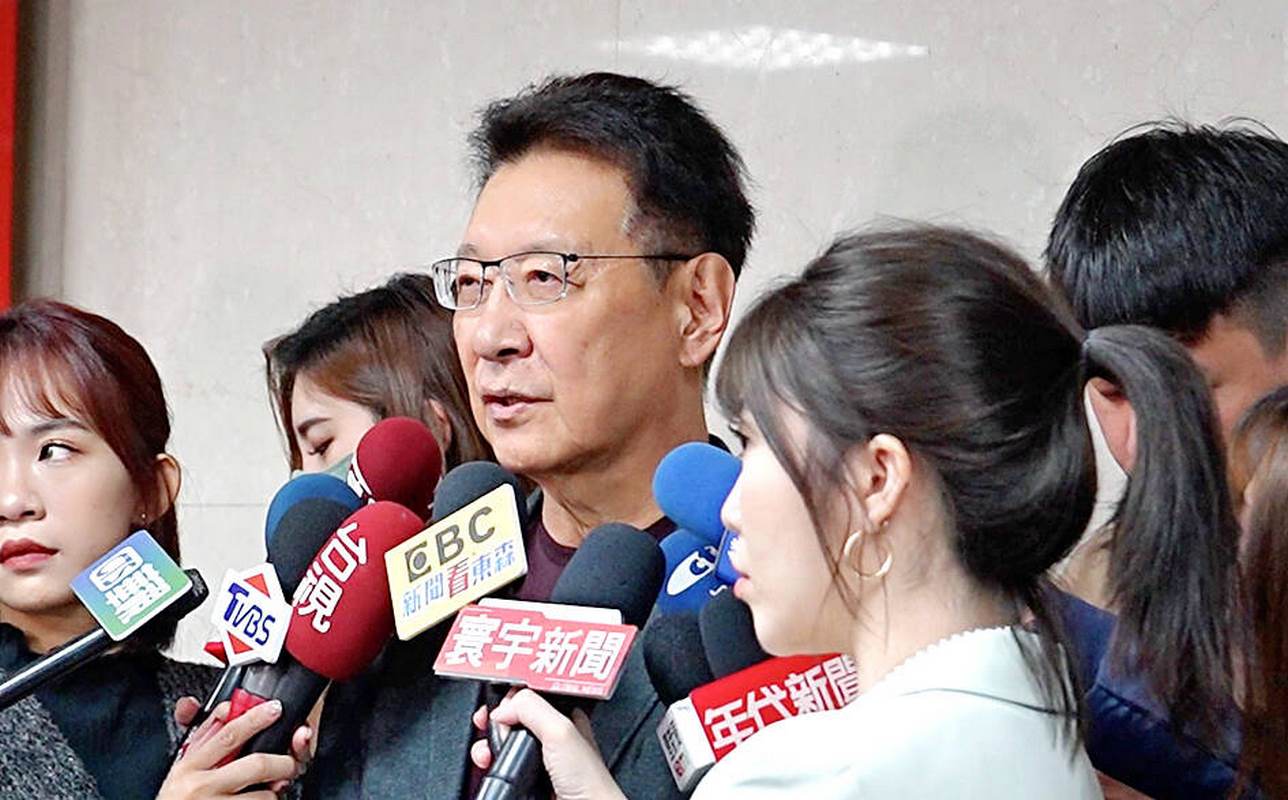
How it happened
“We are telling the international community that between democracy and authoritarianism, we will stand on the side of democracy,” Lai said in his victory speech, adding further on that he would act “in accordance with the Republic of China’s constitutional order, in a manner that is balanced and maintains the cross-strait status quo”.
Brian Hioe, Fellow at the Taiwan Foundation for Democracy, wrote in The Diplomat that the victory occurred ironically, as it coincided with a split off from, and a loss in legislative position for, the other left-wing parties.
Jaw Shaw-kong, the running-mate of the KMT’s candidate Hou, told media outlets that he saw their loss as a result of Hou’s aggressiveness and inflexibility, along with a series of key media incidents, and—he didn’t say manipulation—but the ruling DPP’s “use of the justice system,” and the utilization of the “many resources at its disposal”.
Most notably, it was on live public television that the negotiations between the KMT and the third-party TPP over a joint ticket to challenge the DPP collapsed dramatically. This, combined with Hou’s tendency to deliver remarks like “an academic presentation,” is why Mr. Jaw believes the KMT couldn’t win the election.
In the parallel legislative elections, the DPP won 51 seats in the 113-seat legislature, while the KMT won 52 and the TPP 8. Another two were won by an independent party affiliated with the KMT, giving the nationalists, who are generally more pro-mainland, some degree of control.
“The [DPP] did not garner 50 percent of the seats, and it cannot pass any bill or budget plans even if it could muster 54 votes at the legislature,” Mr. Jaw wrote on Facebook. “There would be 62 votes if all opposition lawmakers work together, and it would be a force that the DPP must reckon with”.
Consequences for the region
Immediately following the elections, the tiny Pacific island nation of Nauru officially cut off diplomatic ties with Taiwan and changed them to China, an act that Beijing called a victory for efforts to maintain peace, and which an unnamed US official called a “mistake”.
Such a decision would for any other country mean extremely little, as Nauru is one of the world’s smallest nations and located 4,000 miles from Sydney, Australia. However with the loss of Nauru, and the Solomon Islands some years ago, there are now just 11 countries that maintain official diplomatic relations with Taiwan, and many are of equal or around the same international standing as Nauru.
Taiwan relies on these official voices to advocate on its behalf in international arenas like the UN, while other nations can’t risk damaging strategic and commercial relations with China.
“Lai’s victory is unlikely to trigger a major crisis right away, but it will ensure that cross-Strait dialogue will not resume,” writes former editor of the American Conservative, and Columnist for Responsible Statecraft, Daniel Larison. “The lack of dialogue between Taiwan and China has coincided with and contributed to a period of increasing Chinese pressure and deteriorating relations between the United States and China”.
“The old status quo between the U.S. and China has been steadily eroding for at least the last eight years, and this has accelerated over the last three years under Biden. The bipartisan consensus in Washington in favor of containment and rivalry and ill-conceived gestures of “support” for Taiwan have fed a cycle of threat inflation and overreaction in both countries”.
The White House has already admitted it was planning to send a high-level delegation to Lai’s Taiwan, which was extremely unwelcome news in Beijing, whose spokesmen replied that Washington should “stop sending wrong signals to ‘Taiwan independence separatist forces'”.
Larison concludes that, with no existing basis for robust cooperation, China has no reason to expect any beneficent behavior over the next 4 years of Lai’s term, during which a crisis—though by no means a given—is simply all the more likely to arise. WaL
PICTURED ABOVE: Lai Ching-te (right) former Vice President under Tsai Ing-wen (left) waves to supporters following his victory. PC: Lai Ching-te, retrieved from X.
